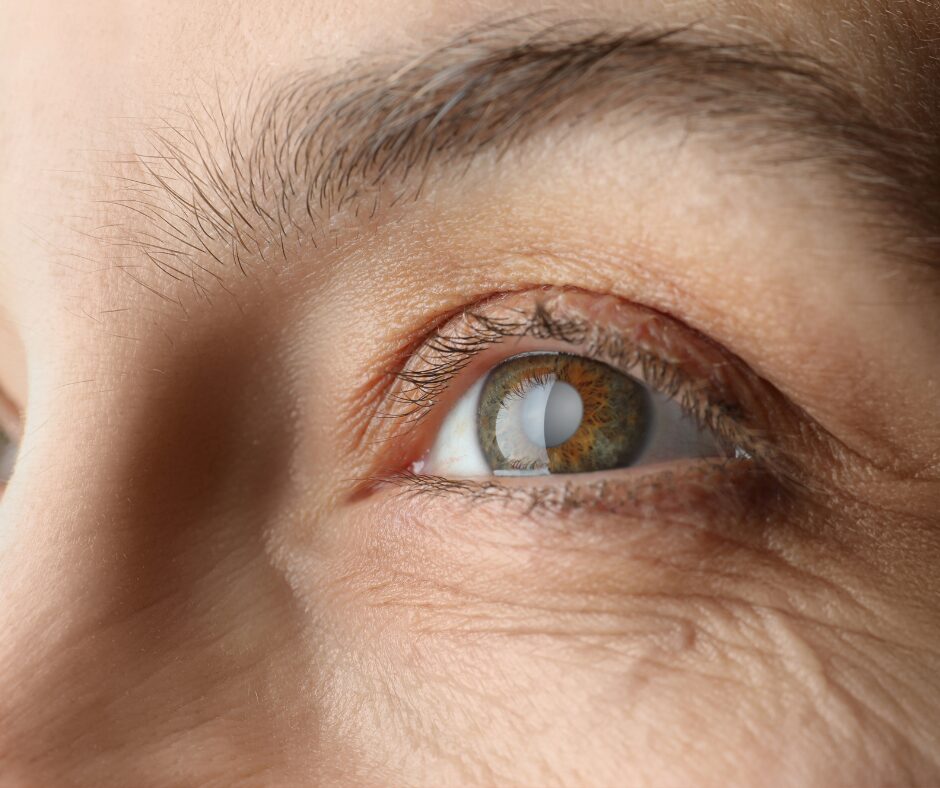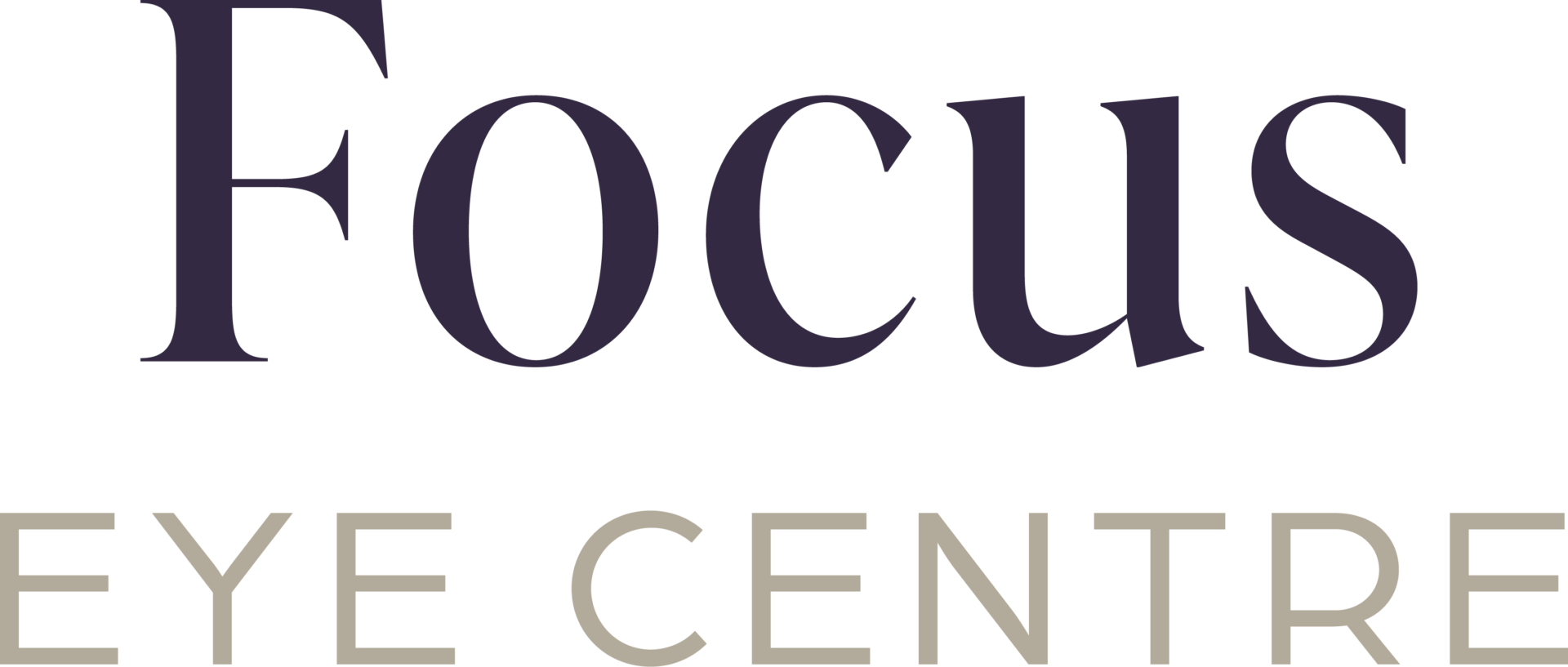Understanding and Managing Common Eye Conditions
Our eyes are our windows to the world, and maintaining their health is crucial for a good quality of life. Despite their importance, many people are unaware of common eye conditions and how to manage them effectively. This blog will help with understanding and managing common eye conditions.

Myopia (Nearsightedness)
Myopia, or nearsightedness, is a common condition where distant objects appear blurry while close objects can be seen clearly. This occurs when the eyeball is too long, or the cornea is too curved, causing light to focus in front of the retina.
Symptoms Include –
- Blurry vision when looking at distant objects
- Squinting to see clearly
- Eye strain and headaches
Myopia Management –
- Spectacles or Contact Lenses: The most common solution is corrective lenses, which help focus light correctly onto the retina.
- Refractive Surgery: Procedures like LASIK can reshape the cornea to correct vision.
- Orthokeratology: Special contact lenses worn overnight to temporarily reshape the cornea.
Hyperopia (Farsightedness)
Hyperopia, or farsightedness, is a condition where close objects are blurry, but distant objects can be seen clearly. This happens when the eyeball is too short or the cornea is too flat, causing light to focus behind the retina.
Symptoms Include –
- Blurry vision for close tasks like reading
- Eye strain and headaches
- Difficulty with detailed work
Hyperopia Management:
- Spectacles or Contact Lenses: Corrective lenses are used to adjust the focus of light onto the retina.
- Refractive Surgery: Surgical options like LASIK can also correct hyperopia by reshaping the cornea.

Astigmatism
Astigmatism occurs when the cornea or lens has an irregular shape, causing blurred or distorted vision at all distances. It can occur alongside myopia or hyperopia.
Symptoms Include –
- Blurred or distorted vision
- Difficulty seeing at night
- Eye strain and headaches
Astigmatism Management:
- Spectacles or Contact Lenses: Special cylindrical lenses can correct the way light enters the eye.
- Refractive Surgery: Procedures like LASIK or PRK can reshape the cornea to correct vision.
Presbyopia
Presbyopia is an age-related condition where the eye’s lens loses its flexibility, making it difficult to focus on close objects. It typically starts to affect people in their 40s and progresses with age.
Symptoms Include –
- Difficulty reading small print
- Needing to hold reading material further away
- Eye strain and headaches
Presbyopia Management:
- Reading Glasses: Simple reading glasses can help with close-up tasks.
- Bifocal or Progressive Lenses: These lenses have multiple strengths to assist with both near and far vision.
- Contact Lenses: Multifocal contact lenses or monovision lenses can be used.

Glaucoma
Glaucoma is a group of eye conditions that damage the optic nerve, often due to high intraocular pressure. It can lead to vision loss if not treated.
Symptoms Include –
- Gradual loss of peripheral vision
- Tunnel vision (in advanced stages)
- Eye pain, nausea, and blurred vision (in acute cases)
Glaucoma Management:
- Medications: Eye drops or oral medications to reduce eye pressure.
- Laser Treatment: Procedures to improve fluid drainage from the eye.
- Surgery: Surgical options to create a new drainage pathway or reduce fluid production.
Cataracts
Cataracts are a clouding of the eye’s lens, leading to decreased vision. They are often age-related but can also result from injury or other conditions.
Symptoms Include –
- Blurry or dim vision
- Difficulty with night vision
- Sensitivity to light and glare
Cataract Management:
- Spectacles: In the early stages, stronger lighting and glasses can help.
- Surgery: The most effective treatment is cataract surgery, where the cloudy lens is replaced with a clear artificial lens.

Get in Touch
Understanding common eye conditions and their management is essential for maintaining good eye health and quality of life. Regular eye exams are crucial for early detection and treatment of these conditions. If you experience any symptoms of eye problems, consult an optometrist or ophthalmologist promptly. Remember, your eyesight is irreplaceable, so take care of it today for a brighter tomorrow. If you would like to find out more about preserving your eye health, or you wish to book an eye test, get in touch! Give us a call today at 0800 980 34 64 or email us at info@focuseyecentre.co.uk.
